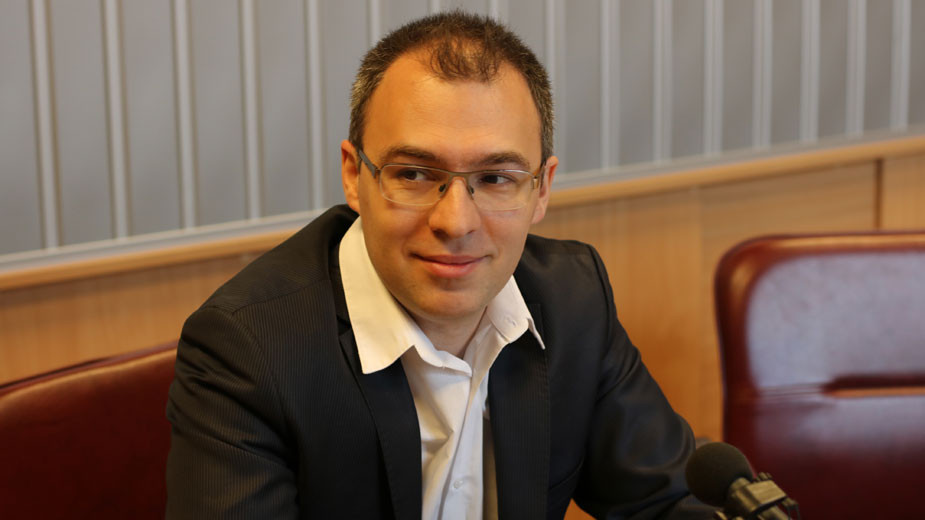The Covid-19 pandemic postponed by several months the competition for most successful start up companies from Central and Eastern Europe- CESA (Central European Startup Awards). The Bulgarian Startup Association which unites more than 500 companies hosts this year’s competition. CESA is held in 7 world regions and the Bulgarian Startup Association organizes the competition for Bulgaria. The nominations in ten different categories can be submitted by the end of August, representatives of the association inform. Everyone can get acquainted with the conditions of participation at the web site of the Bulgarian Startup Association.
Awards for start up companies will be given for the 5th consecutive year. We are to learn the names of the winners at a public ceremony in the middle of November. People can nominate the companies they consider the best. A competent jury will screen them until November, the Chairman of the Bulgarian Startup Association Dobromir Ivanov said in an interview for the Bulgarian National Radio.

“Three Bulgarian companies reached last year’s finals in China. The companies are developing and competition is quite severe. One of the companies makes robots which help people with disabilities. They work at a very high level and have serious potential. This year, they were faced with the situation that they could not continue to do their business in Bulgaria and they need help. This is part of our job- to change the local environment, in order to attract foreign investors and keep the Bulgarian companies. More than 25% of our members already registered abroad. We have been trying to stop this negative trend.”
“We are working to see the first Bulgarian companies estimated to be worth over 1 billion Leva in the next 3 to 5 years. Thus, Bulgaria be able to attract more foreign investments”, Dobromiv Ivanov says further. In his view, the Bulgarian startup companies, as well as the software and high-tech companies, showed strong sense of solidarity during the crisis. “They tried to help the state authorities, other businesses, the cabinet and the ill people. One of the things the crisis brought to light was the need to work much closer with high tech companies, because they provide solutions that are much more resilient to such crises”, Dobromir Ivanov contends.
“Traditional industries are now realizing the need to become digital. Unfortunately, none of the measures adopted by the state were aimed at these types of companies. We are still looking for dialogue. Many companies cannot show a decrease in revenue that would allow them to apply for state aid, because last year they had no revenues. Bulgaria has the potential of becoming regional leader in startups. For the purpose, some changes have to occur. For instance, the companies should have access to more capital. We are moving confidently in that direction”, Dobromir Ivanov says.
Edited by: Gergana Mancheva
English version: Kostadin Atanasov
The draft budget for 2025 proposes a deficit of 3%. The mid-term budgetary forecast targets a deficit of 3% up until 2028. The government debt is to increase to EUR 41.57 billion by 2028. The size of pension insurance is to be preserved in..
In 2025, the National Health Insurance Fund will be able to spend 1.2 billion leva (EUR 613 million) more on insured individuals, the draft budget of its Supervisory Board envisages. The health insurance contribution remains 8% of the insurable..
Bulgaria will meet the final criterion of price stability for entry into the eurozone by January. After that, politicians are in charge, Bulgarian National Bank Governor Dimitar Radev has told BNT. "Politicians must try to get the..

+359 2 9336 661
